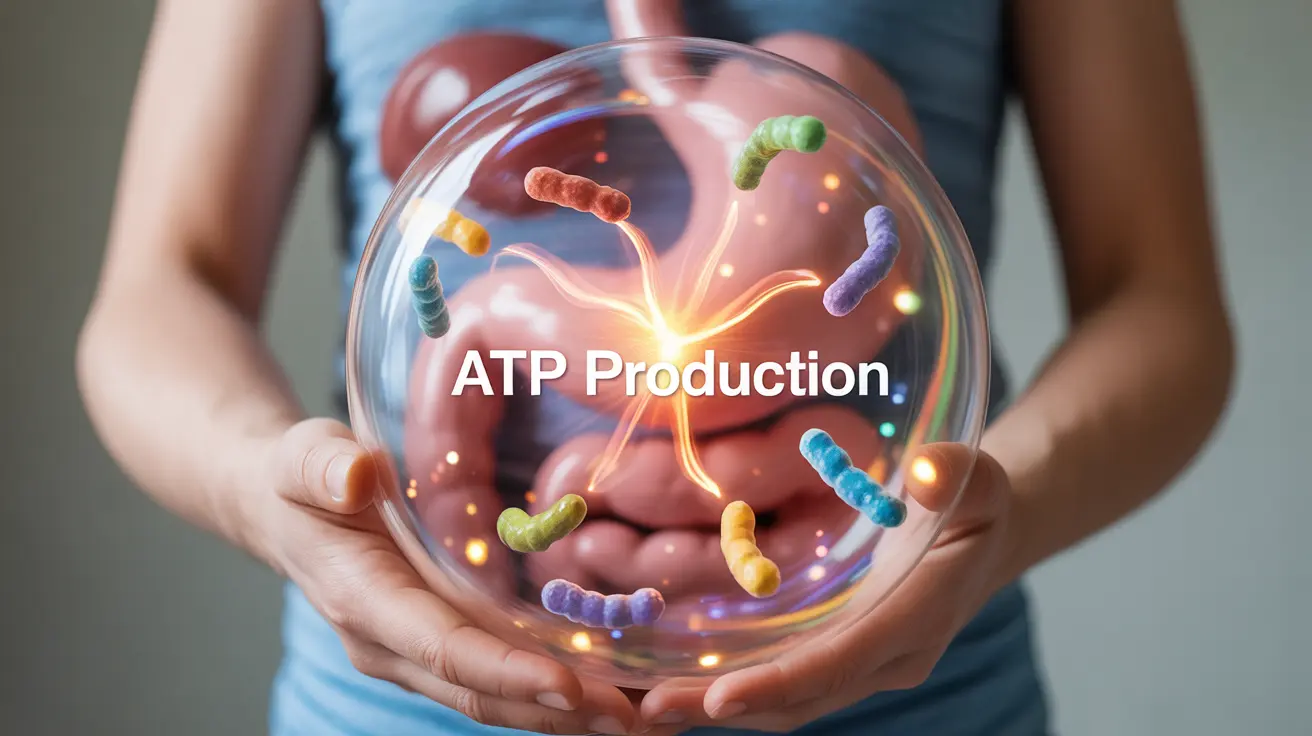The relationship between gut health and energy levels is more significant than many people realize. Your digestive system doesn't just process food – it plays a crucial role in determining how energetic you feel throughout the day. Understanding this connection can help you make informed choices to optimize both your gut health and energy levels.
Recent research has shown that the gut microbiome, consisting of trillions of beneficial bacteria, directly influences energy production, nutrient absorption, and even mood regulation. When your gut health is compromised, it can lead to fatigue, decreased motivation, and overall lower energy levels.
The Science Behind Gut Health and Energy Production
Your gut serves as a complex energy-processing system that converts food into usable fuel for your body. The health of your digestive system directly impacts how efficiently this process works. When your gut is functioning optimally, it effectively breaks down nutrients and supports energy production at the cellular level.
The gut microbiome plays several key roles in energy production:
- Breaks down complex carbohydrates into simple sugars
- Helps produce essential B vitamins
- Supports proper nutrient absorption
- Maintains the gut barrier function
- Regulates inflammation levels
Nutrient Absorption and Energy Levels
The gut wall is responsible for absorbing vital nutrients that power your body's energy systems. When gut health is compromised, this absorption process can become less efficient, leading to:
- Reduced vitamin and mineral uptake
- Decreased energy availability
- Compromised cellular function
- Potential nutrient deficiencies
- Chronic fatigue
The Role of Inflammation
Poor gut health often leads to increased inflammation, which can drain your energy reserves. Chronic inflammation forces your body to expend more energy fighting inflammatory responses, leaving you feeling tired and sluggish.
Dietary Strategies for Better Gut Health and Energy
Improving your gut health through diet can significantly boost your energy levels. Focus on incorporating these elements into your daily nutrition:
- Fiber-rich foods to support beneficial bacteria
- Fermented foods containing natural probiotics
- Colorful fruits and vegetables
- Lean proteins for gut tissue repair
- Healthy fats for nutrient absorption
Hydration and Gut Function
Proper hydration is essential for maintaining optimal gut health and energy levels. Water helps:
- Support digestive processes
- Maintain proper nutrient transport
- Keep the gut barrier healthy
- Aid in toxin removal
- Prevent fatigue and sluggishness
Stress Management and Gut Health
The gut-brain axis connects your digestive system directly to your stress response. Managing stress is crucial for maintaining both gut health and energy levels. Consider incorporating stress-reduction techniques such as meditation, regular exercise, and adequate sleep into your daily routine.
Frequently Asked Questions
How does poor gut health cause low energy and fatigue?
Poor gut health affects energy levels by compromising nutrient absorption, increasing inflammation, and disrupting the production of energy-related compounds. When your gut isn't functioning optimally, it can't effectively convert food into usable energy, leading to fatigue.
What dietary changes can improve gut health and boost energy levels?
Focus on consuming fiber-rich foods, fermented products, lean proteins, and plenty of fruits and vegetables. Reduce processed foods, excess sugar, and artificial additives. Stay well-hydrated and eat regular, balanced meals to support gut health and maintain steady energy levels.
Can taking probiotics help increase my energy by improving gut microbiome balance?
Yes, probiotics can help increase energy levels by supporting a healthy gut microbiome. They aid in proper nutrient absorption, reduce inflammation, and help maintain the gut barrier function, all of which contribute to better energy production.
What role does nutrient absorption in the gut play in maintaining daily energy?
Nutrient absorption in the gut is crucial for energy maintenance. The gut wall absorbs essential vitamins, minerals, and macronutrients that fuel cellular energy production. Proper absorption ensures your body has the necessary components for sustained energy throughout the day.
How do stress and hydration affect gut health and overall energy?
Stress can negatively impact gut function by altering motility, reducing beneficial bacteria, and increasing inflammation. Proper hydration supports digestive processes, nutrient transport, and waste removal. Both factors significantly influence your energy levels through their effects on gut health.




